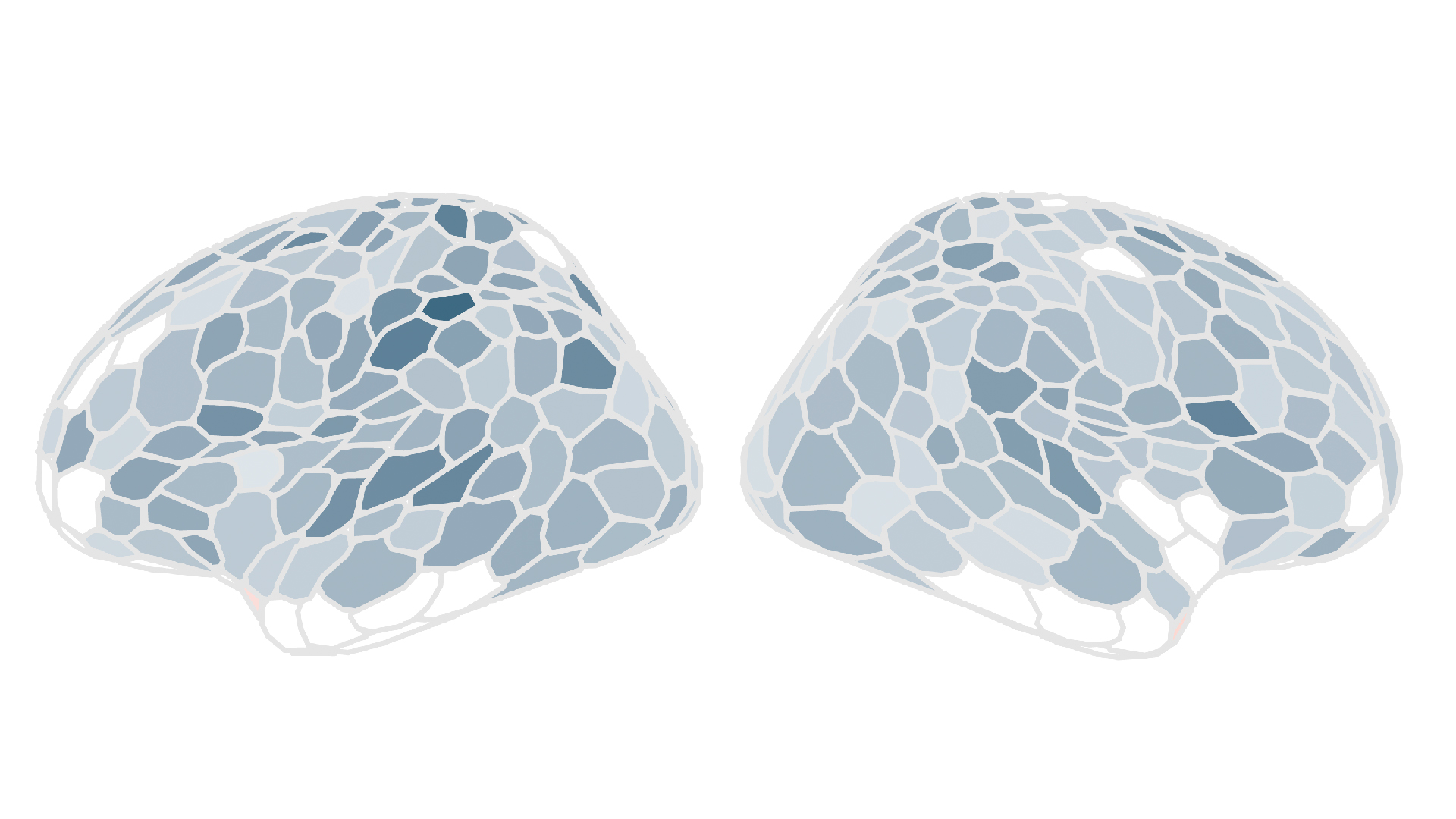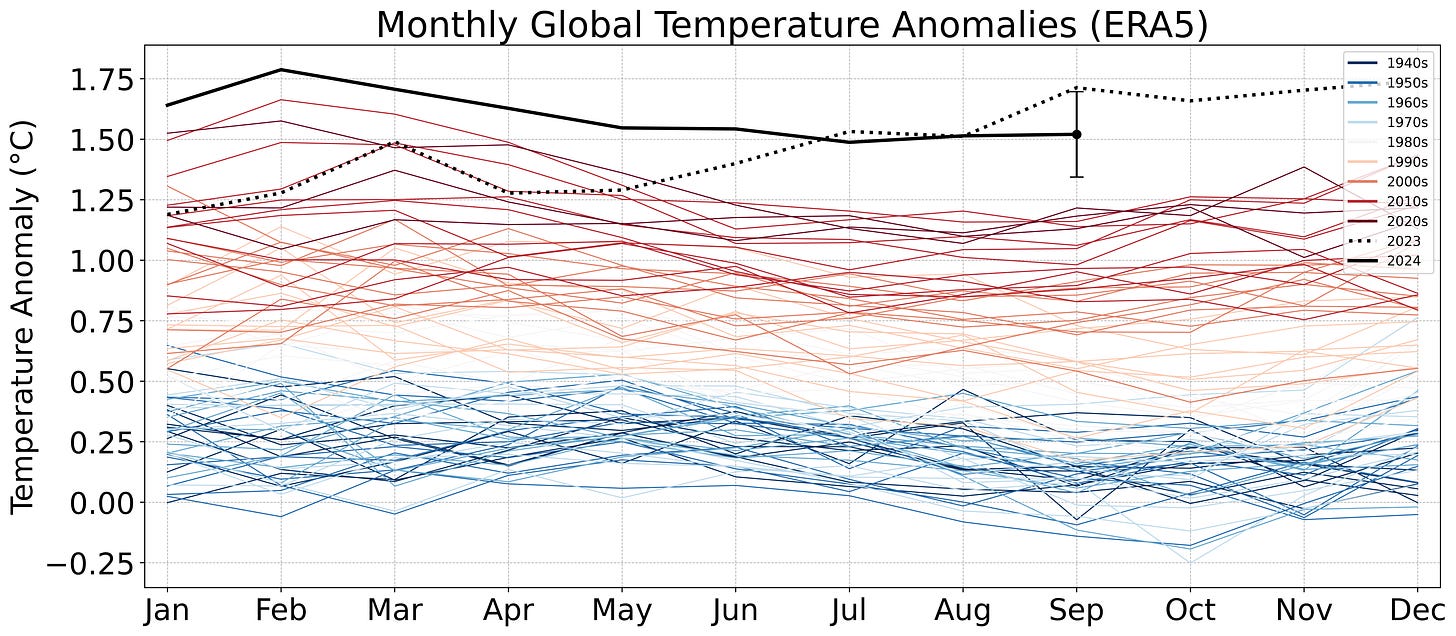Processes, Vol. 12, Pages 1273: Inverse Method-Based Kinetic Modelling and Process Optimization of Reverse-Phase Chromatography for Molnupiravir Synthesis
Processes doi: 10.3390/pr12061273
Authors: Athanasios Kritikos Ravendra Singh Fernando Muzzio George Tsilomelekis
Our research addresses the shift towards continuous manufacturing in the pharmaceutical industry, focusing on optimizing chromatographic separation for the synthesis of molnupiravir. Using an inverse method with six different inlet concentrations for a single objective function, we systematically evaluated the adsorption of key intermediates, i.e., hydroxylamine and isobutyrate, in an isocratic solvent, determining the relevant isotherm constants. The study systematically evaluates the effects of operational variables, including flowrate, column geometry, dispersivity coefficient, and injection volume, on chromatographic performance. Findings reveal that specific operational adjustments, such as reducing flowrates or altering column dimensions, significantly influence retention times and peak profiles, thus potentially impacting the efficiency of molnupiravir production. Utilizing the inverse method, we efficiently determined equilibrium isotherms by integrating a nonlinear chromatography model and adjusting isotherm parameters to match the observed band profiles. Our research offers critical insights into optimizing chromatographic separation performance through precise operational control, leveraging computational tools for rapid and adaptable drug development.

 2 months ago
35
2 months ago
35


